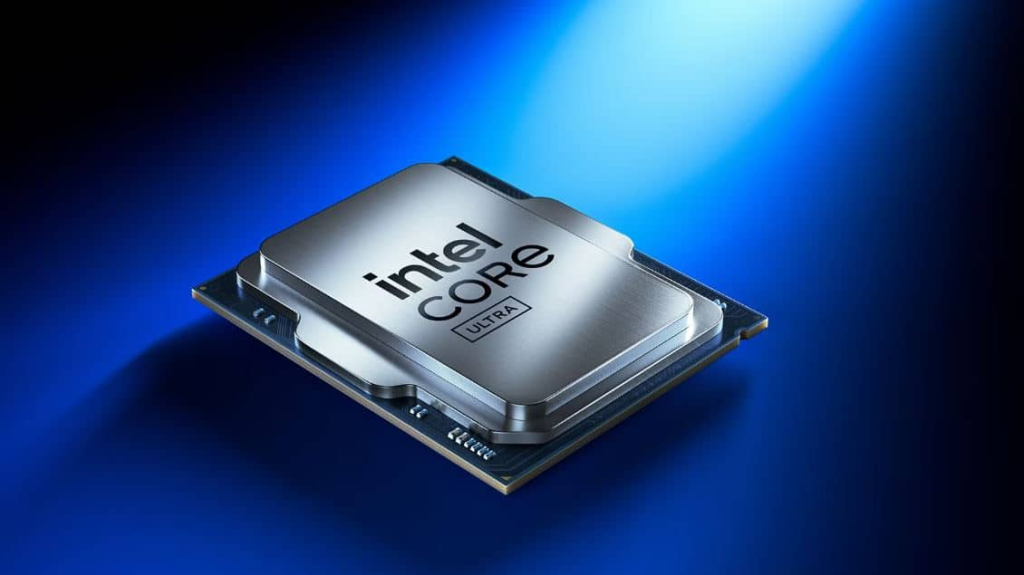Buyout firms Silver Lake and Bain Capital are among the potential suitors that are likely to compete to acquire a minority stake in Altera, the programmable chips business that Intel acquired for nearly $17 billion in 2015, according to people familiar with the matter.
Intel, which has already taken steps to spin Altera out as a separate company, kicked off a process for the stake sale in the unit in recent weeks, the sources said, adding that the talks are at an early stage and the company is preparing to receive initial bids from potential buyers in the coming weeks.
Private equity firm Francisco Partners has also expressed interest in a deal for a stake in Altera and is likely to be among the bidders, one of the sources said.
The sources, who requested anonymity as the matter is confidential, cautioned that a deal is not guaranteed.
Intel is hoping to command a valuation for Altera that is roughly equivalent to what it paid for the business in 2015, the sources said. It is unclear how much of Intel’s stake in Altera will eventually be sold, but any deal is likely to be worth at least a few billion dollars, the sources added.
For the quarter ended Sept. 30, Intel said that Altera grew 14% sequentially to post revenue of $412 million.
“We remain focused on selling a stake in Altera on a path to its IPO in the coming years. To that end, we have begun discussions with potential investors and expect to conclude in early 2025,” Intel CEO Pat Gelsinger told analysts on a post-earnings conference call last week.
An Intel spokesperson declined to comment beyond the company’s remarks on the call. Representatives for Silver Lake and Bain declined to comment, while Francisco Partners did not immediately respond to requests for comment.
The transaction is expected to provide Intel with a much-needed cash boost, as the company explores various options to shave overall costs by selling businesses that it can no longer afford to fund from its once-sizeable profit.
Intel came out with an upbeat revenue forecast in its latest quarterly report, but its stock remains more than 50% lower for the year as the one-time chipmaking king has missed out on the AI boom and is struggling with a turnaround.
San Jose, California-based Altera makes a category of programmable chips that can be repurposed on the fly for a variety of applications, from processing videos uploaded to websites to uses in military and telecommunications equipment.
Before it was acquired by Intel, Altera had many of its chips manufactured by Taiwan Semiconductor Manufacturing Co (TSMC).



